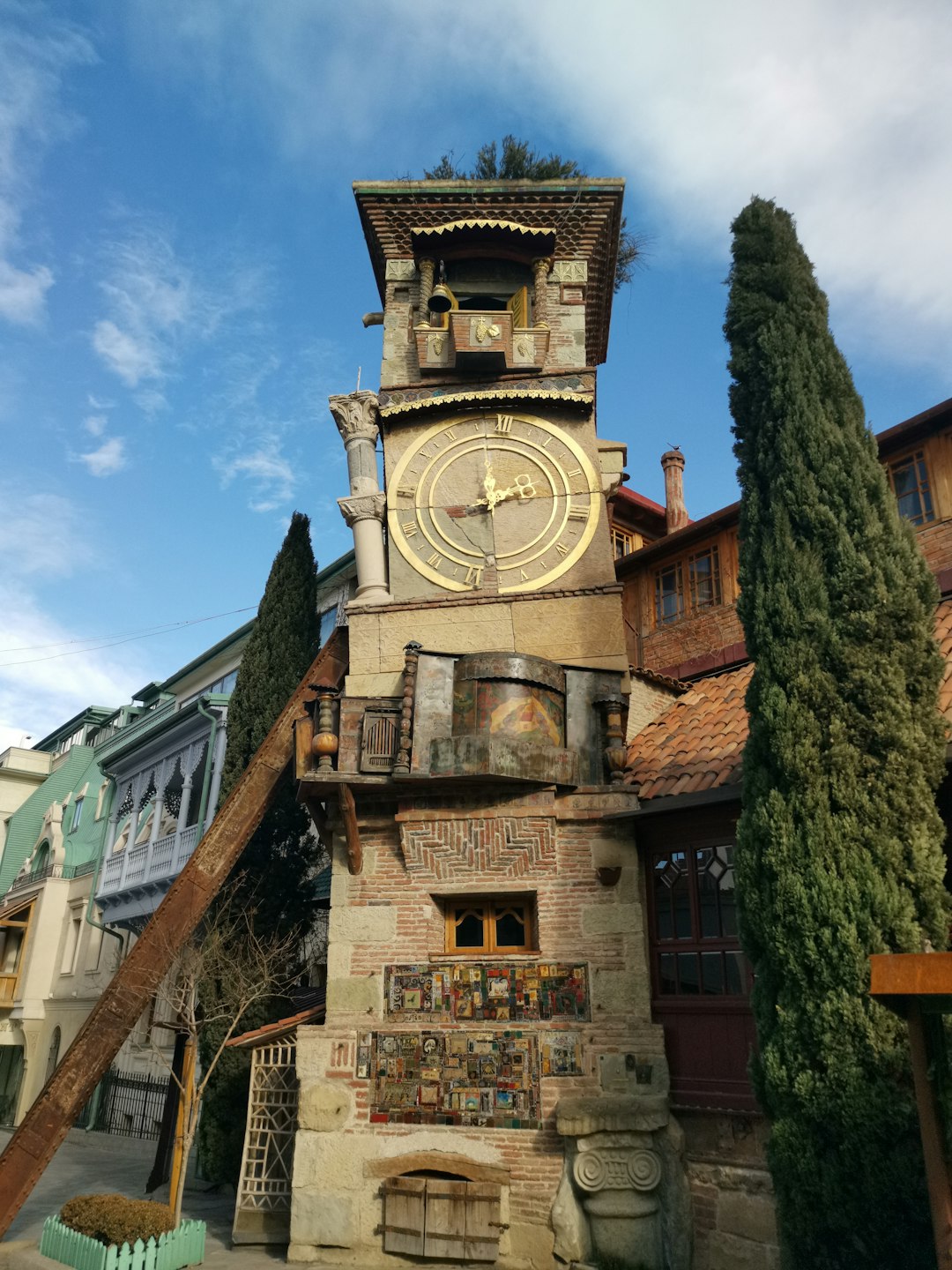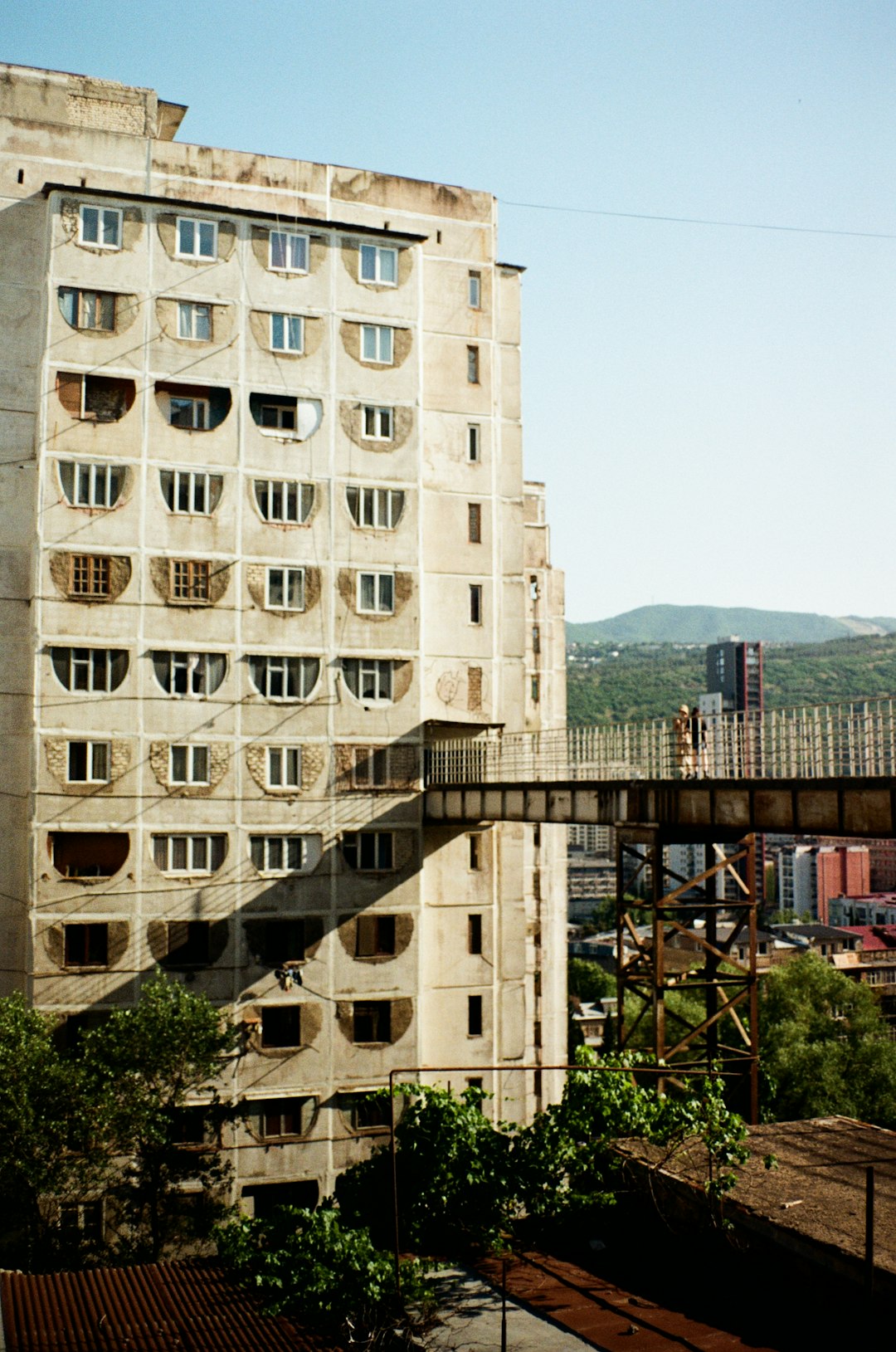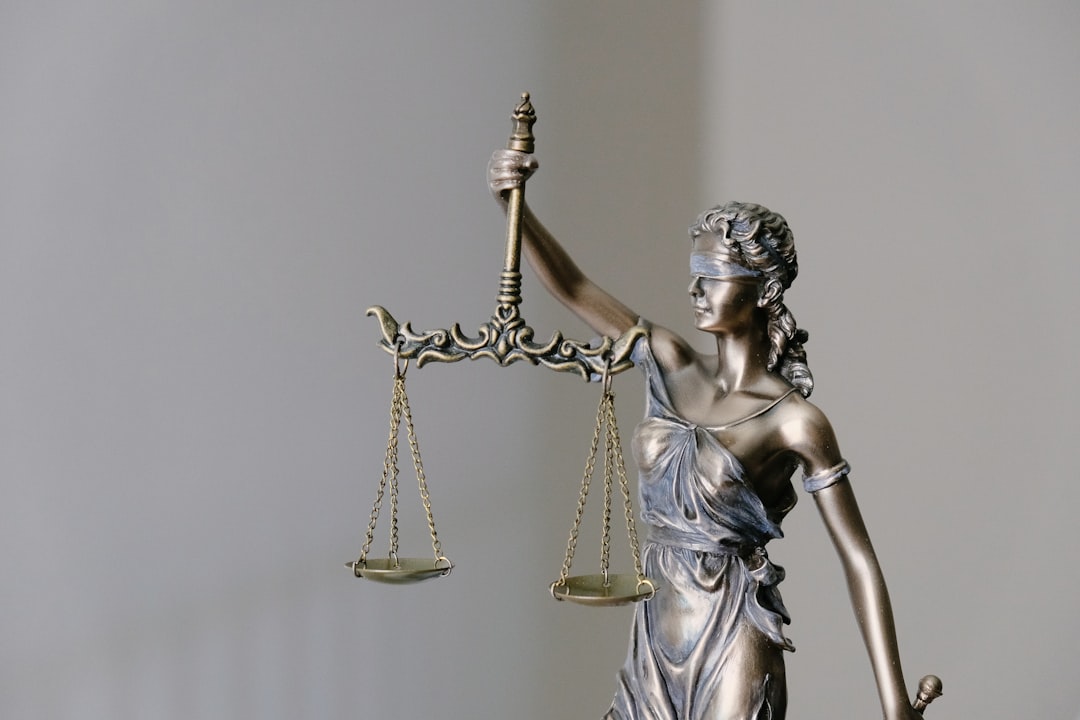In Georgia, the fight against child abuse demands a dedicated network of advocates and legal professionals. This comprehensive guide explores the critical role played by both advocates and attorneys in supporting victims and their families. Understanding Georgia’s child abuse laws is essential, as well as recognizing the unique qualities to seek in a child abuse lawyer. We provide resources and support for those affected, emphasizing the importance of professional assistance from a qualified child abuse lawyer in Georgia.
Understanding Child Abuse Laws in Georgia

In Georgia, child abuse laws are designed to protect minors from any form of physical, emotional, or sexual maltreatment. A child abuse lawyer in Georgia plays a pivotal role in navigating these complex legal frameworks. They are equipped to interpret state statutes that define child abuse and neglect, ensuring justice for victims and holding perpetrators accountable. The laws cover a wide range of offenses, including assault, negligence, and exploitation, with severe penalties for culprits.
Advocates specializing in child abuse cases possess in-depth knowledge of Georgia’s legal system and the unique challenges faced by victims and their families. They guide clients through reporting procedures, investigations, and court processes, offering legal representation tailored to each case. These professionals are instrumental in fostering a safe environment for children and ensuring that justice is served.
The Role of Advocates in Supporting Victims

Child abuse advocates play a vital role in supporting and empowering victims, especially in complex legal cases. These dedicated individuals provide emotional support, guiding vulnerable children and their families through the challenging process of reporting and navigating child abuse allegations. They ensure that the voices of abused children are heard and that their needs are met during legal proceedings.
Advocates work closely with Georgia child abuse lawyers to offer comprehensive assistance. This includes assisting in collecting evidence, connecting victims with necessary resources, and offering ongoing support throughout the legal journey. Their presence is instrumental in helping victims feel safe and understood, ensuring they receive the justice and care they deserve at the hands of a qualified child abuse lawyer in Georgia.
Qualities to Look for in a Child Abuse Lawyer

When searching for a child abuse lawyer in Georgia, it’s crucial to select an advocate who possesses specific qualities that align with this sensitive and complex field. Look for attorneys who have an unwavering commitment to protecting the rights of children and ensuring their safety. Experience is paramount; seek lawyers who have handled numerous cases involving child abuse, as they will understand the intricate legal processes and have a proven track record.
Knowledgeable and compassionate, these legal professionals should be well-versed in Georgia’s child protection laws and able to navigate the complexities of such cases. They must possess strong negotiation skills, enabling them to secure justice for their young clients, whether through settlements or trials. Additionally, an excellent child abuse lawyer in Georgia will foster open communication, keeping clients informed every step of the way and ensuring they feel heard and supported throughout the legal process.
Resources and Support for Families Affected by Child Abuse

Families facing child abuse have access to a range of resources and support systems in Georgia. Numerous organizations dedicated to preventing and addressing child abuse offer crucial assistance, including shelter, counseling, legal advocacy, and educational programs. These services are designed to help victims and their families heal and rebuild.
For those seeking legal representation, there are specialized child abuse lawyers in Georgia who can guide parents or guardians through the complex legal process. These attorneys fight for justice, ensuring that the rights of abused children are protected and that perpetrators face consequences. They also assist with navigating protective orders, custody arrangements, and any necessary legal documentation to ensure the safety and well-being of affected children.






